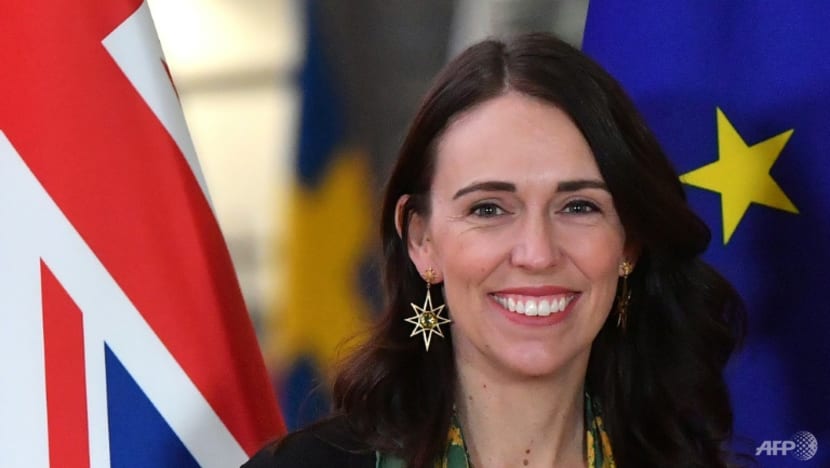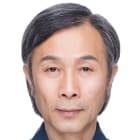Snap Insight: While Jacinda Ardern is internationally lauded, New Zealand wants a different leader
New Zealand Prime Minister Jacinda Ardern declared her resignation on Thursday (Jan 19) for personal reasons. The questions are who will replace her and whether her successor will continue her domestic and foreign policies, says Bo Zhiyue.

New Zealand Prime Minister Jacinda Ardern has announced that she is stepping down (Photo: AFP/File/EMMANUEL DUNAND)
WELLINGTON: After six years as the Prime Minister of New Zealand, Jacinda Arden has decided to step down by Feb 7, if not earlier.
An internationally acclaimed stateswoman in her own right, Ardern has adopted tough policies in a challenging time. Her government has successfully dealt with the COVID-19 crisis and managed a more balanced foreign policy.
EFFECTIVE COVID-19 POLICIES
New Zealand is widely considered a success story in dealing with COVID-19. Arden’s government decided to lock down the entire country on Mar 25, 2020 to prevent the spread of the virus.
In the subsequent months, her government adjusted its policies according to the development of COVID-19 and protected its citizens. As a result, the country has seen one of the lowest death rates in the world - 2,437 deaths out of 2.16 million infected.
Related:
BALANCING FOREIGN POLICY
Under her leadership, the New Zealand government has also adopted a more circumspect view of China, taking its cue from Western allies.
In the past, New Zealand used to pride itself as being a pro-China Western country for its five-firsts policies: The first to support China’s accession to the World Trade Organization in 1997; the first to designate China as a market economy in 2004; the first to sign a free trade agreement with China in 2008; the first to join China’s Asian Infrastructure Investment Bank in 2015; and the first to sign a memorandum of understanding with China on the Belt and Road Initiative in 2017.
Arden, however, began to downplay these firsts and voiced her concerns about China’s policies toward Hong Kong and Xinjiang in concert with other Western countries. As a result, New Zealand has grown closer to the United States and Australia, its large neighbour.
Yet Ardern has attempted to maintain a balanced foreign policy by acknowledging shared interests with China. On Dec 9, 2022, she said she hoped to embark on a trade mission to China once borders reopened - a trip that she might not helm anymore now that she is stepping down.
Related:
NEW LEADER FOR A NEW NZ
Arden attributed her decision to resign ahead of the national election to her lack of energy. After having worked intensely for six consecutive years, while giving birth and caring for a young child, she has been burnt out. “I am human,” she said.
But a part of the fact is that her popularity has slipped at home in recent months. In a poll conducted in December 2022, support for her Labour Party dropped to 33 per cent, its lowest level since it came to power in 2017.
New Zealanders are increasingly frustrated with high costs of living, rising interest rates, and concerns about crime, all domestic issues that require a different mindset than dealing with crises like COVID-19. The people are looking for a new leader.
Four names have come up for Ardern’s replacement: Chris Hipkins, who led the country’s pandemic response; justice minister Kiri Allan; transport minister Michael Wood; and foreign affairs minister and veteran parliamentarian Nanaia Mahuta.
But it is not immediately clear who will take over as the next leader of the New Zealand Labour Party and whether this person will be elected as the next prime minister of New Zealand. Nonetheless, New Zealand is likely to continue Arden’s balanced foreign policy while trying to find a new normal on the domestic front.
Professor Bo Zhiyue is founder and president of the Bo Zhiyue China Institute, a consulting firm providing services to government leaders and CEOs of multinational corporations, and an author on China’s elite politics.














